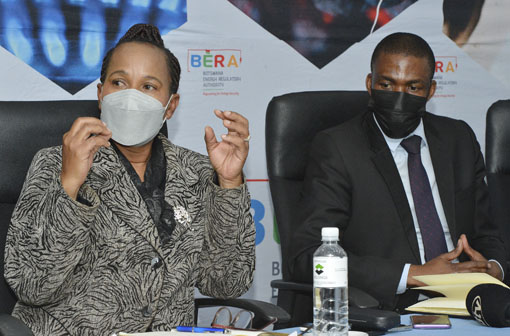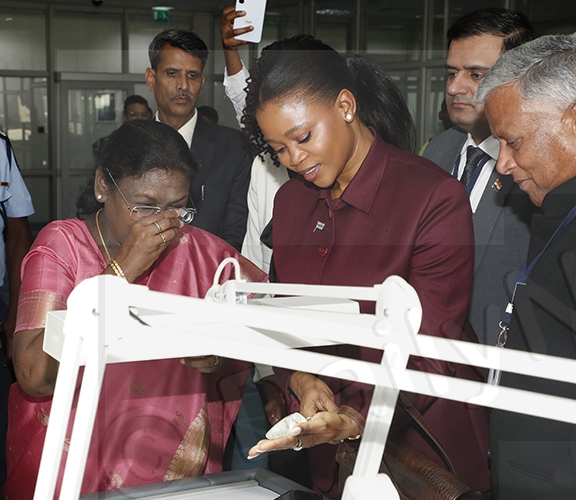Study on paraffin usage coming
05 Jul 2022
As the global village chases the adoption of affordable and clean energy, Botswana Energy Regulatory Authority (BERA) gears up to undertake a countrywide study on the usage of paraffin locally.
The study stands to give a balanced approach as to whether government should face out paraffin usage or continue its use while considering both health and socio-economic consequences.
Addressing the media at the launch of the study recently, BERA chief executive officer, Ms Rose Seretse said the study which would begin July 4 to September 1, would adopt a consultative approach with the public for their input.
She said part of the authority’s objectives was to protect and preserve the environment, and ensure regulation of the energy sector was done following best international regulatory practice.
Ms Seretse said beyond these objectives, Botswana remained a signatory to the 2030 United Nations Sustainable Development Goals, and was yet to participate at the UN Climate Change Conference 2022 (UNFCCC COP 27) later this year, where a country paper on clean energy adoption would be pitched.
Owing to the above, she said the authority had decided to undertake the paraffin study to develop a comprehensive plan which would address issues relating to supply, distribution, pricing, and essentially safe use.
“It is important that this study explores ways by which paraffin is handled and used in Botswana and to profile risks that would arise out of the unsafe use of the product. As a petroleum product, the use of paraffin is regulated through the BERA Act of 2016,” she said.
In addition, Ms Seretse said the study would seek to investigate reasons for the observed trend in the reduction of suppliers and demand for paraffin.
Notably, she said data available indicated that there were four suppliers of paraffin in 2013 however, they reduced to two from 2017 to the present, citing that about 28.2 million litres of paraffin were consumed in 2012 followed by 21.2 million litres and 26.3 million litres in 2013 and 2014, respectively.
“The volumes drastically reduced to about 9.1 million litres in 2015 and continued a downward trajectory over the years. Consumption figures stood at 2.9 million litres in 2021,” she said.
The CEO said the study would further unpack issues relating to public knowledge on safety practices, appetite for alternative energy sources, and factors motivating the transition to alternative enviro-friendly fuels.
Ms Seretse urged members of the public to be on the lookout for a schedule depicting times and venues of various kgotla meetings set for public consultation on the study. ENDS
Source : BOPA
Author : Marvin Motlhabane
Location : GABORONE
Event : Launch
Date : 05 Jul 2022






